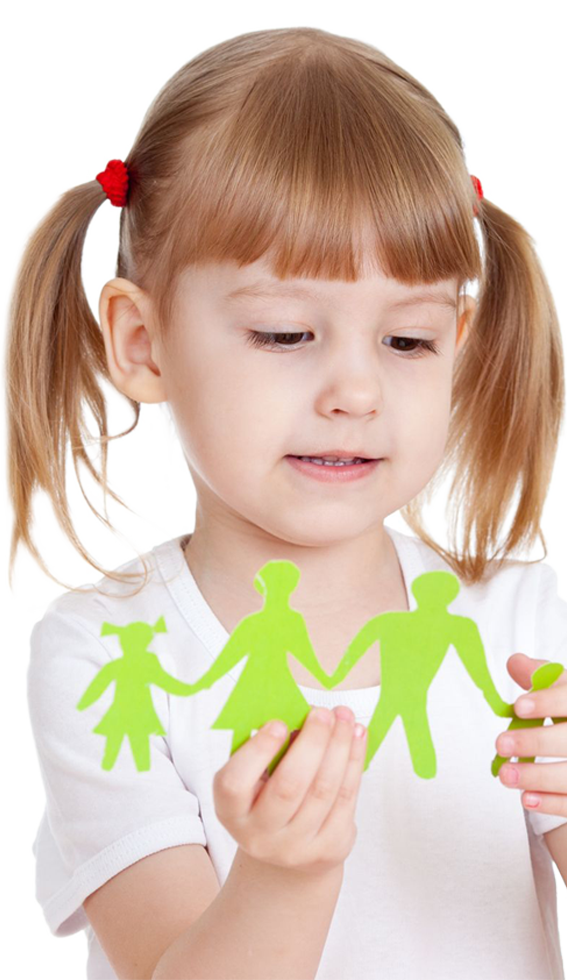PSICOLOGIA INFANTIL
Parents are usually the first to recognize when a child has an emotional problem or behavior. Even so, the decision to seek help or professional advice can be difficult and painful, since, on many occasions, it is difficult to know at what moment it is really necessary.
There are situations objective general, they indicate the need to do this:

- Feels that things will overcome as a parent.
- Your child is capricious and does not follow the guidelines that you indicated.
- The marital relationship has become poor and there is a good affective climate.
- You have lived or is living in a major crisis in the family: loss of job, moving house, change of school, death of a family member or someone close, a serious illness, separation from her partner, etc
- Your child has problems at school:
– Important changes in academic performance.
– Bad grades in the school, even though he made a notable effort.
- Your child has poor relationships with their peers.
- You punish their children physically and/or emotionally.
- Your child will punish You physically or emotionally.
- Your child is too active and restless. Hyperactivity, restlessness, constant motion, beyond the regular game.
- Your child is depressed, has lost interest in life or has tried to commit suicide.
- You care much about the aspects of the adoption.
- Your child will be too concerned about the issue of adoption and You do not feel able to reassure him.
- Behavior, personality, and friends of the child have changed dramatically; perhaps there is a problem with alcohol or drugs.
- You do not feel able or forces to address specific problem.
- A lot of excessive worrying or anxiety, which can manifest itself in his refusal to attend school, going to sleep or to participate in those activities normal for a child his age.
- Persistent nightmares.
- Disobedience or aggression, persistent, and sexually suggestive behavior toward authority figures.
- Intense fear of becoming obese, without taking into account your true weight at the present, purge the food, or restrict eating.
- Persistent nightmares.
- Threats of harm to self or harm to others.
- Behavior of infringement injury or self-destructive.
- Frequent starting of anger and aggression.
- Threats to leave the home.
- Violation persistent of the rights of other people so aggressive or not aggressive; challenge to the authority, absence from school, theft or vandalism.
- Thoughts and strange feelings, behavior unusual.

